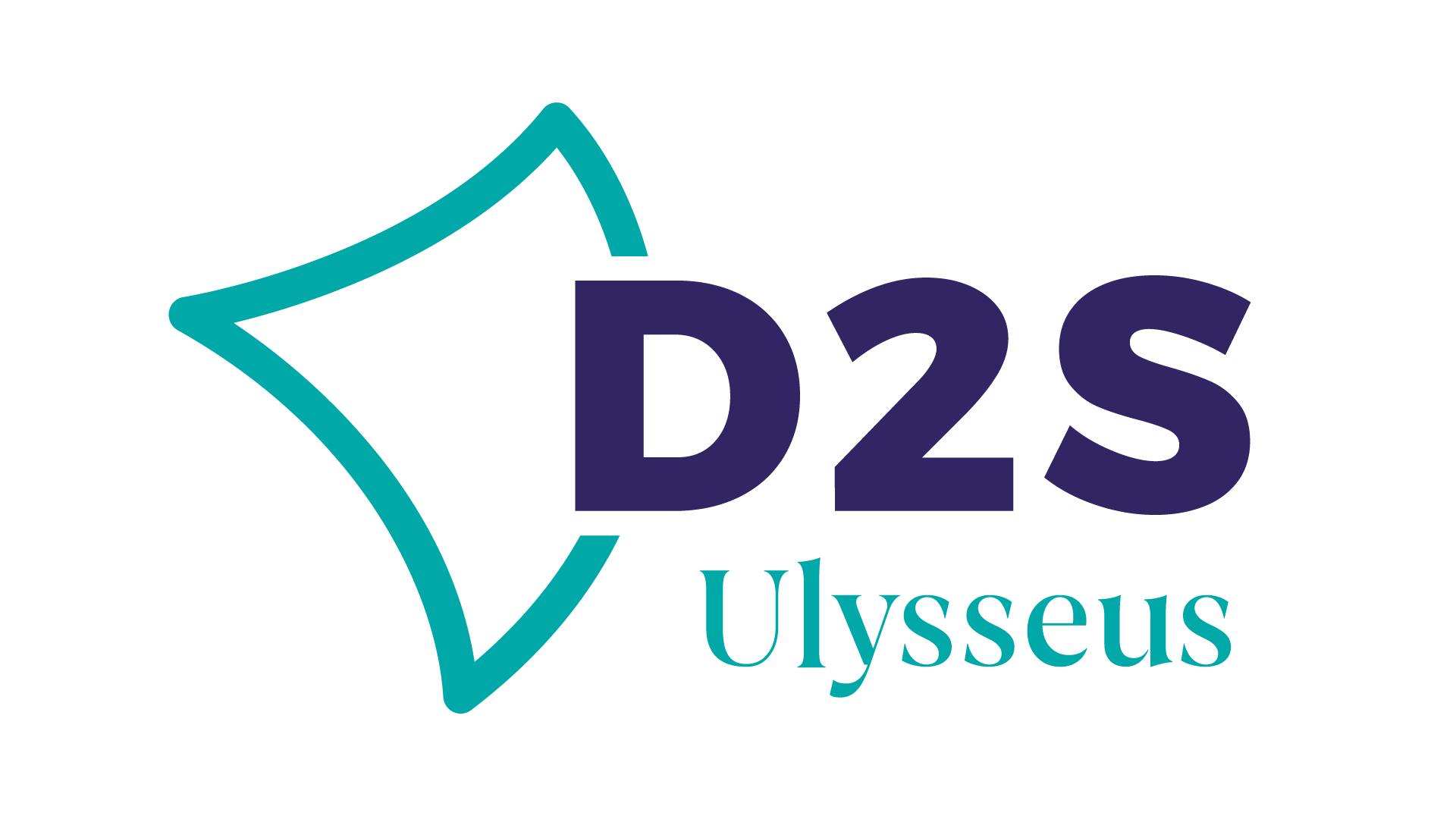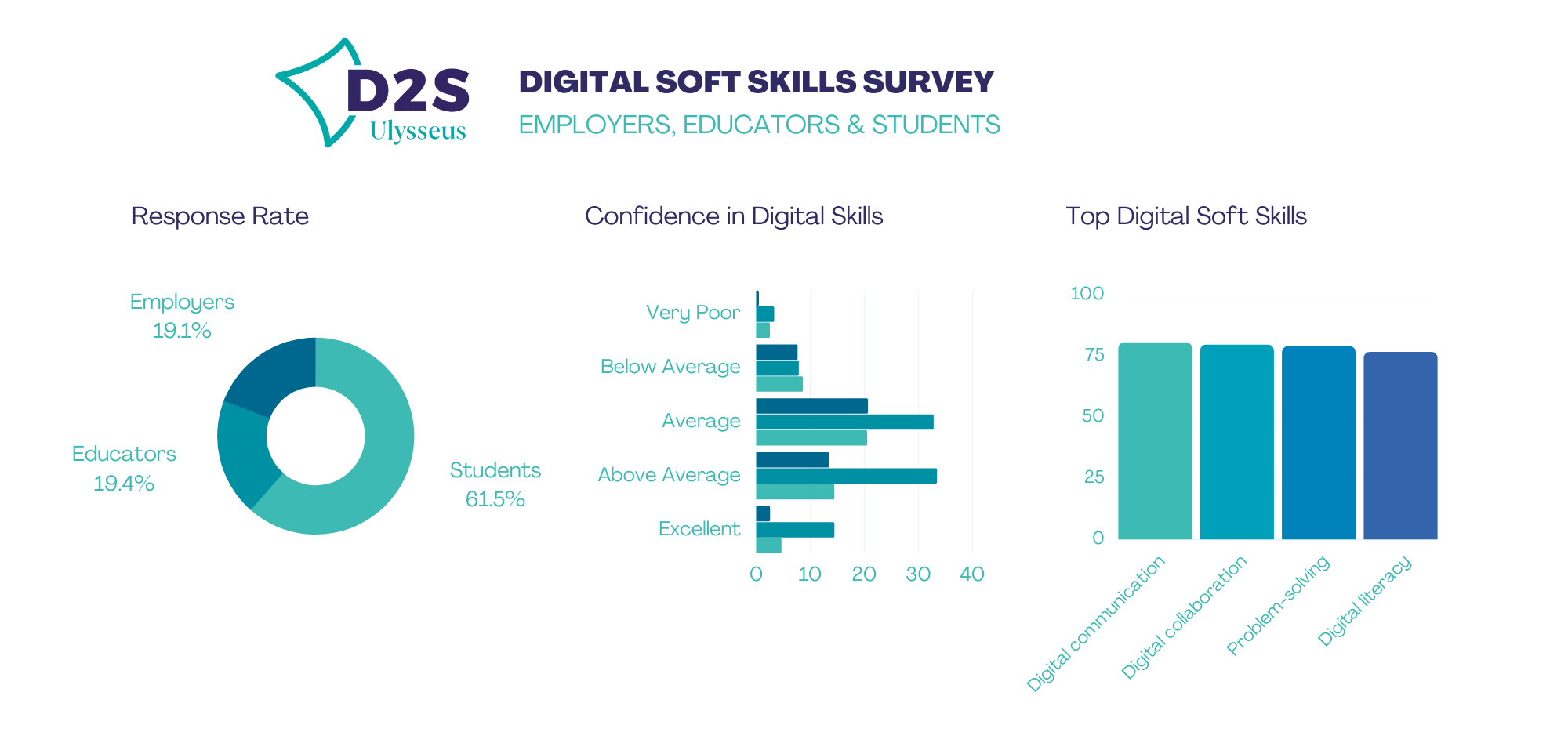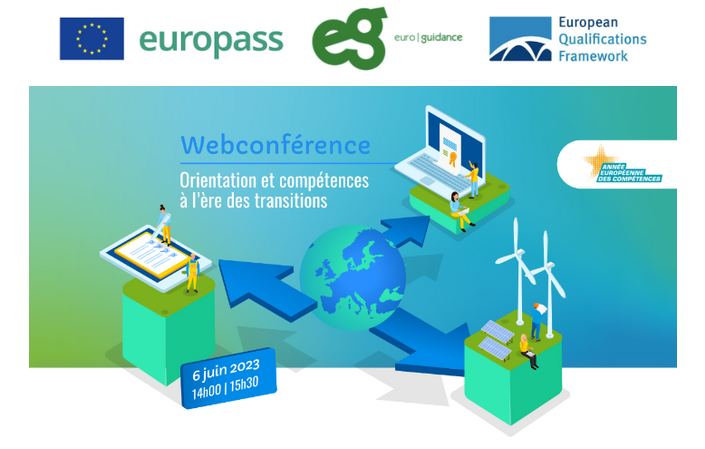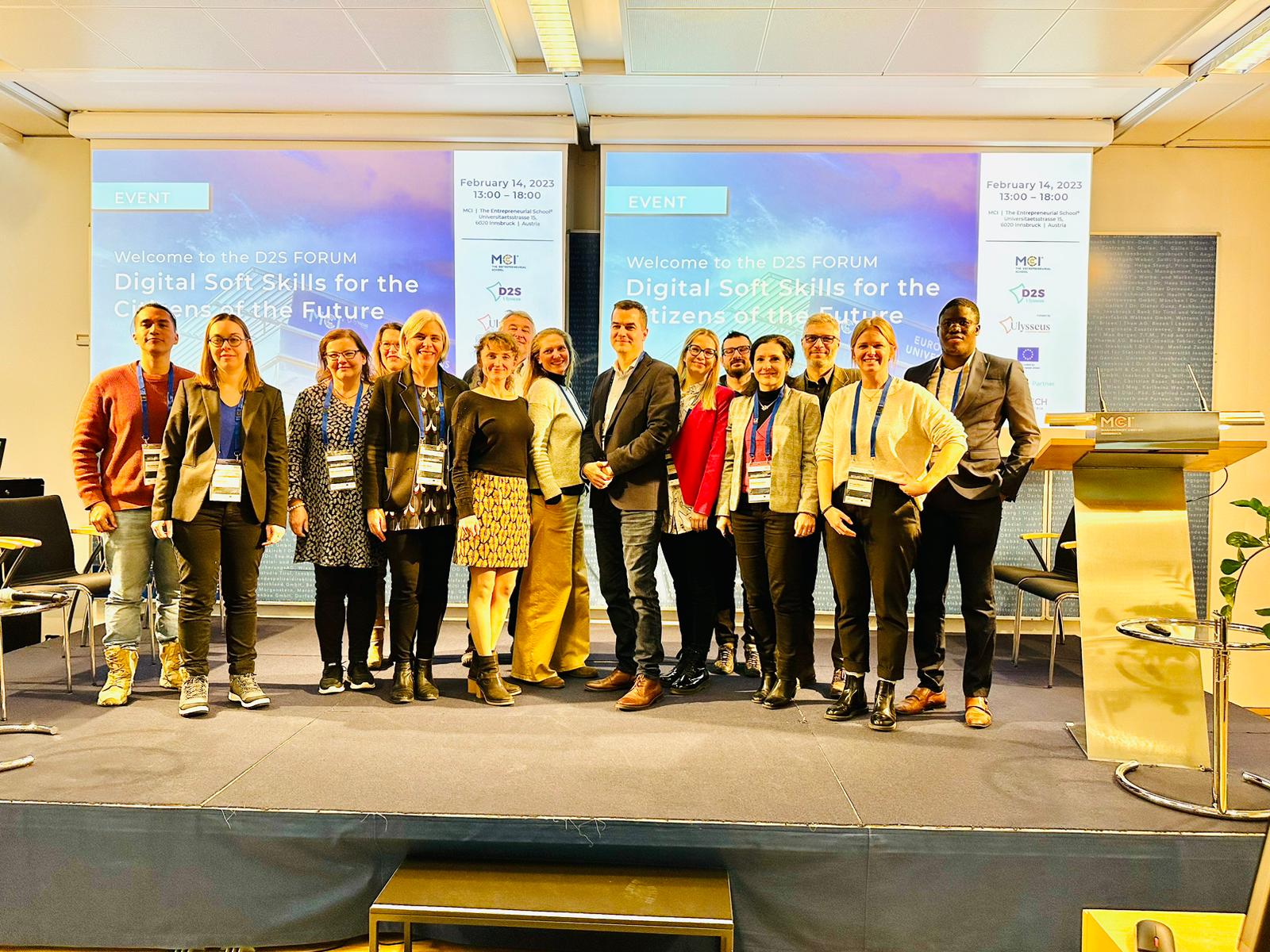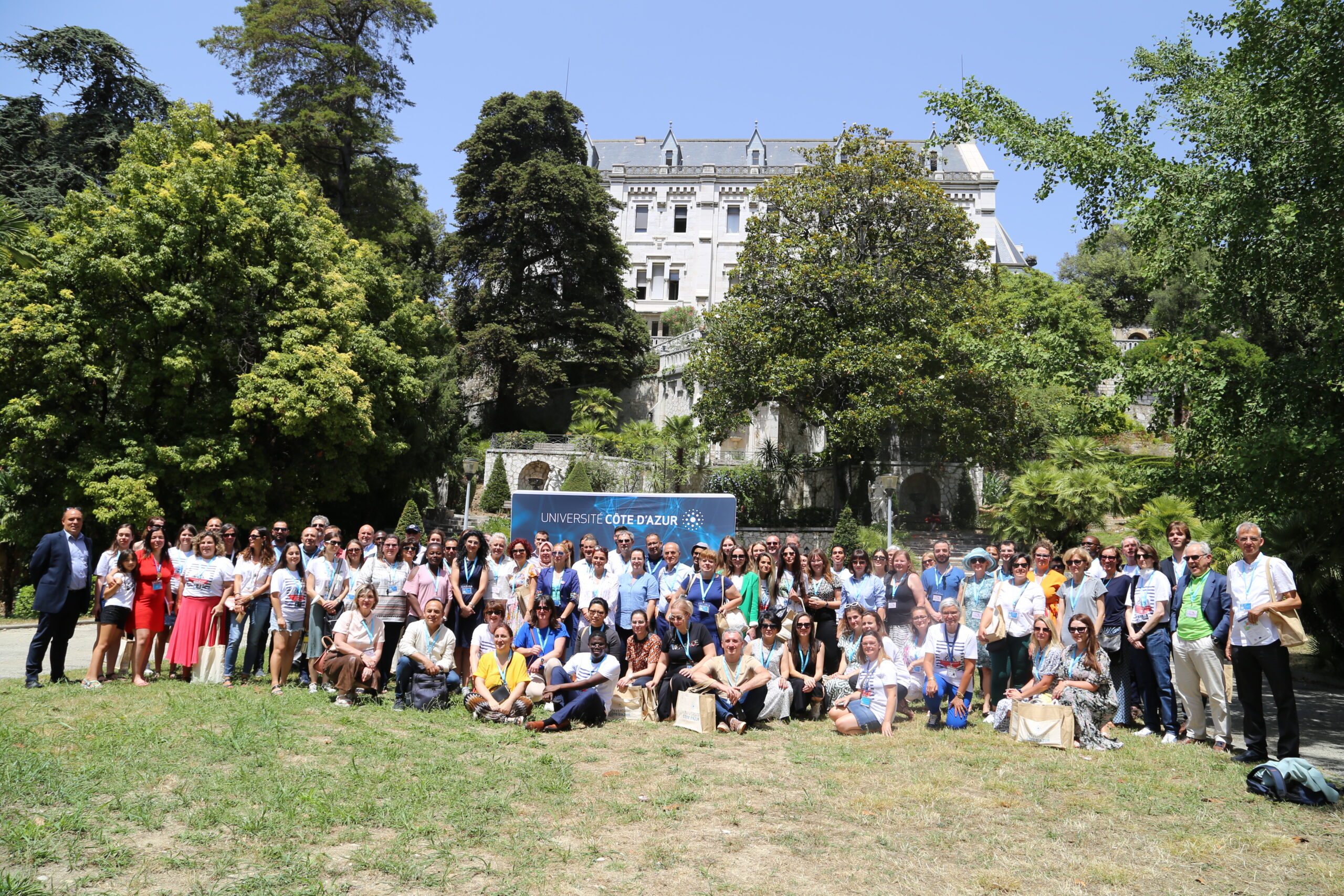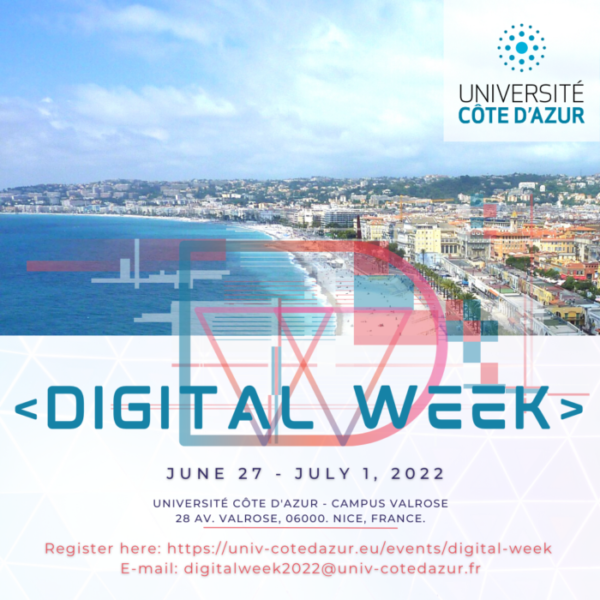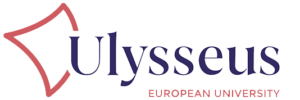The D2S team conducted a 3-month survey, from October to December 2021, of students, educators and potential employers to identify their needs in Digital Soft Skills.
The identification of these needs in the labour market and in the lifelong learning context, both in digital transformation, will allow the creation of adequate training for students and educators within the D2S project and the Ulysseus University Alliance.
With a high response rate especially from students (2023 responses) but also from educators and employers (638 and 630 responses respectively) and with an international distribution linked to the D2S project and Ulysseus Alliance partners (Spain, Italy, Austria, Slovakia, Finland, France), the surveys reveal for all respondents an average confidence in their own digital skills. The majority of students (20%) are “moderately confident” about their digital skills on a scale of 1 to 5, as are 24% of employers about the digital skills of new graduates and 21% about their employees.
Educators are slightly more confident, with 33% moderately confident and 33% confident, but pointed to a number of digital difficulties encountered in particular during the period of Covid-19 distance learning. The first factors to emerge were the difficulty of evaluating students (for 46% of the educators questioned), the need for training in digitally-enhanced teaching and learning (for 42%) and the lack of digital equipment for students (40%). The biggest challenge was the lack of student investment in digital learning (66%), as one educator interviewed said:
“The biggest challenge was to keep the students’ attention by trying to use interactive and cooperative learning.“
The survey results then show that the importance given to digital skills overlaps between the different stakeholders surveyed, although with different orders of priority. Thus, employers consider Digital collaboration (important for 90% of them), Problem-solving (88%) and Digital communication (88%) to be the top three digital skills needed. Educators place as most important: Digital communication (for 80%), Digital literacy (79%) and Digital collaboration (77%) as well as Flexible thinking in learning (83%). As for the students on the skills needed for learning: Problem solving (for 76%), Digital communication (74%) and Digital collaboration (71%).
Also, the majority of the participants in the survey would like to see Digital Soft Skills training that addresses the following areas for students: basic computer skills and office tools (Word, Excel, PPT, Outlook), data security, programming, problem solving, digital communication (social networks and web design), digital adaptability and future oriented thinking. For educators it is more about communication, digital adaptability, student assessment, collaborative skills, inclusive digital practices.
Finally, the opinions expressed suggest a contrast between the need to adapt more to the digital age within training and the desire not to rely solely on digital technology by maintaining face-to-face exchanges. However, the vast majority recognise that “digital is the future” and many respondents are interested in taking courses to improve their digital skills, representing 34% of educators.
Thanks to these results, the D2S team is enriching its framework and developing its next courses on digital skills, which will soon be presented in a new course catalogue.
About D2S@Ulysseus
D2S@Ulysseus is a project led by Ulysseus European University partners, coordinated by Université Côte d’Azur in France, University of Seville in Spain, University of Genoa in Italy, Technical University of Košice in Slovakia, MCI | The Entrepreneurial School® in Austria, and Haaga-Helia University of Applied Sciences in Finland. Funded by the Erasmus+ programme, DigitalSoftSkills@Ulysseus aims at adapting to the digital age and developing Digital Soft Skills for students and educators.
